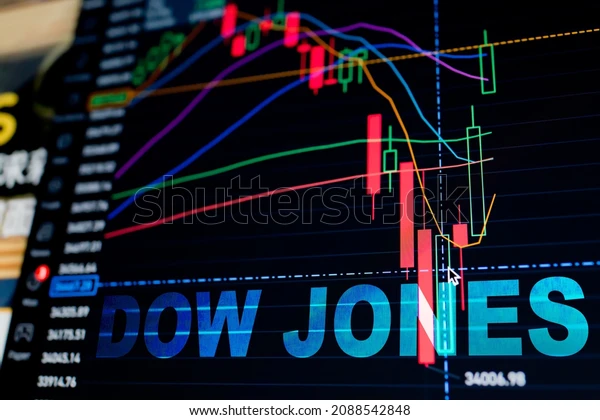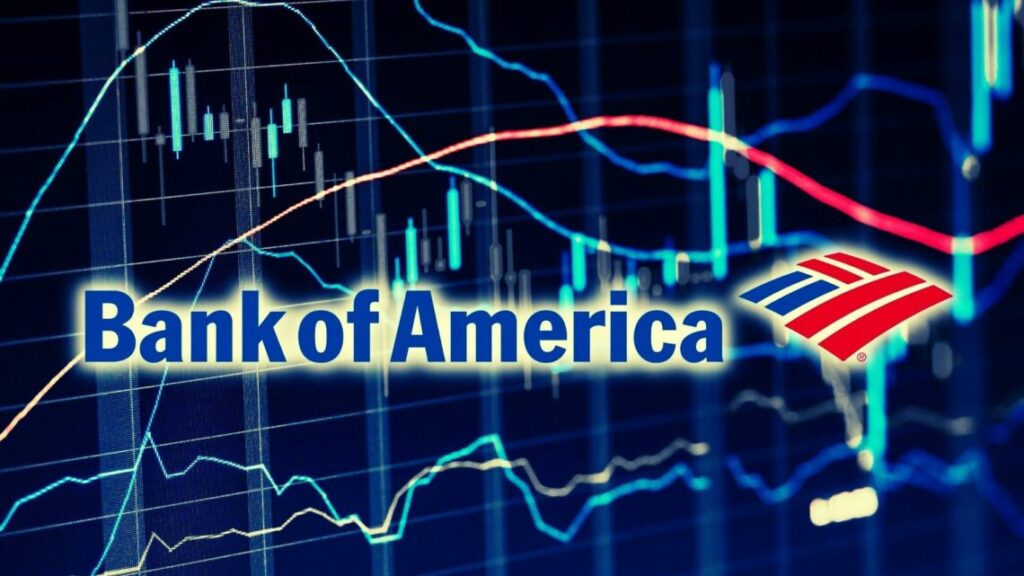
In the fast-paced world of finance, staying ahead of the curve is key to success. One way investors stay informed is by keeping a close eye on futures markets, and Dow Jones Futures are among the most closely watched. In this article, we’ll delve into everything you need to know about Dow Jones Futures, from understanding what they are to how they impact global markets and strategies for trading them effectively.
Understanding Dow Jones Futures
Dow Jones Futures, also known as DJIA futures or Dow futures, are financial derivatives that allow investors to speculate on the future value of the Dow Jones Industrial Average. These futures contracts represent an agreement to buy or sell the index at a predetermined price on a specified future date.
What Are Futures Contracts?
Futures contracts are standardized agreements to buy or sell an asset at a predetermined price on a specified date. They offer investors the opportunity to profit from price fluctuations without actually owning the underlying asset.
How Do Dow Jone’s Futures Work?
Dow Jones Futures work similarly to other futures contracts. Investors can take long positions if they believe the index will rise or short positions if they anticipate a decline.
Factors Influencing Dow Jones Futures
Several factors can influence the price movements of Dow Jones Futures, including economic indicators, geopolitical events, and market sentiment.
Economic Indicators
Economic indicators such as GDP growth, unemployment rates, and inflation can have a significant impact on Dow Jones Futures. Positive economic data may lead to bullish sentiment, while negative data could trigger a bearish outlook.
Geopolitical Events
Geopolitical events such as elections, trade disputes, and geopolitical tensions can cause volatility in the futures market. Uncertainty surrounding these events may lead to fluctuations in Dow Jones Futures prices.
Trading Strategies for Dow Jone’s Futures
Developing effective trading strategies is essential for success in the futures market. Here are some strategies to consider when trading Dow Jones Futures.
Trend Following
Trend following involves identifying and following the prevailing market trends. Traders who employ this strategy aim to capitalize on the momentum and ride the trend until it reverses.
Range Trading
Range trading involves identifying levels of support and resistance within which the price of Dow Jones Futures is likely to fluctuate. Traders can buy near support levels and sell near resistance levels, profiting from short-term price movements.
Risk Management
Risk management is crucial when trading Dow Jone’s Futures or any other financial instrument. Implementing risk management techniques can help protect capital and minimize losses.
Stop Loss Orders
Stop-loss orders are predetermined price levels at which traders exit losing positions. By setting stop-loss orders, traders can limit their potential losses and protect their capital.
Conclusion
Dow Jones Futures offer investors an opportunity to speculate on the future performance of the Dow Jones Industrial Average. By understanding how these futures contracts work, factors influencing their prices, and implementing effective trading strategies and risk management techniques, investors can navigate the futures market with confidence.
FAQs
- What is the minimum investment required to trade Dow Jones Futures?
The minimum investment required to trade Dow Jone’s Futures varies depending on the brokerage firm and the specific contract specifications. However, traders should be prepared to meet margin requirements, which can be substantial. - Can individual investors trade Dow Jones Futures?
Yes, individual investors can trade Dow Jones Futures through online brokerage platforms that offer futures trading services. However, it’s essential to understand the risks involved and have a solid understanding of futures trading before getting started. - How are Dow Jones Futures different from traditional stocks?
Dow Jone’s Futures are financial derivatives that derive their value from the underlying index, whereas traditional stocks represent ownership stakes in individual companies. Additionally, futures contracts have expiration dates and are subject to daily price limits, unlike stocks. - What are the trading hours for Dow Jone’s Futures?
Dow Jones Futures trade nearly 24 hours a day, five days a week, with brief pauses for maintenance. Trading typically begins on Sunday evening and continues until Friday afternoon, Eastern Time. - Are Dow Jones Futures suitable for novice traders?
While Dow Jones Futures can offer profit opportunities, they also carry significant risks, particularly for novice traders. It’s essential to have a solid understanding of futures trading, market dynamics, and risk management techniques before diving in. - How can I stay updated on Dow Jones Futures prices and market news?
To stay updated on Dow Jone’s Futures prices and market news, investors can utilize financial news websites, trading platforms, and dedicated futures market analysis tools. Additionally, following reputable financial news outlets and analysts on social media can provide valuable insights.



